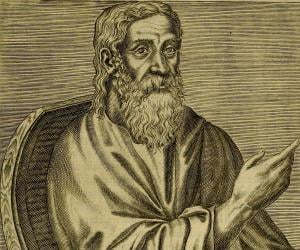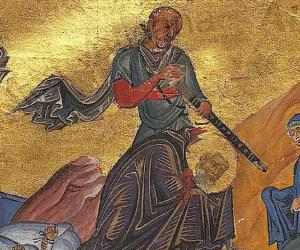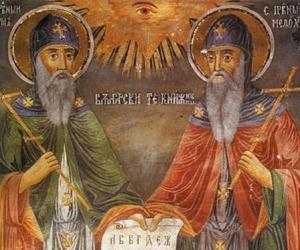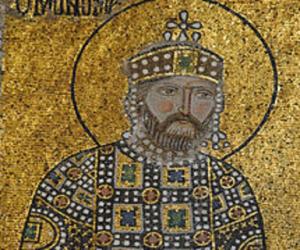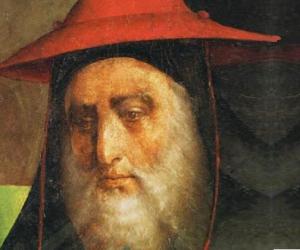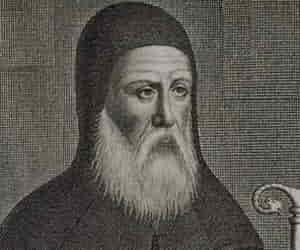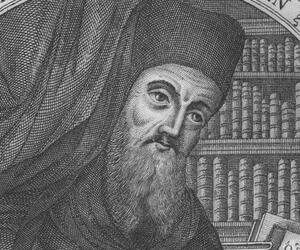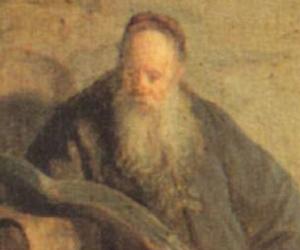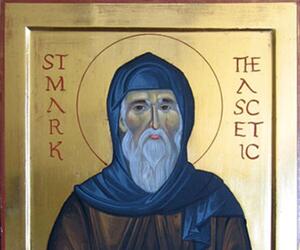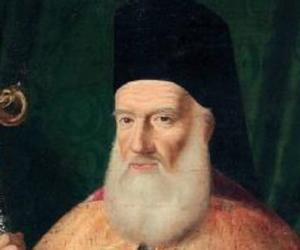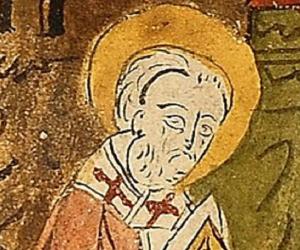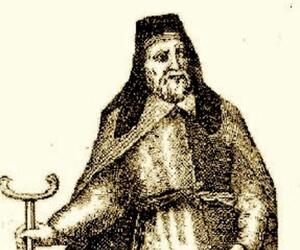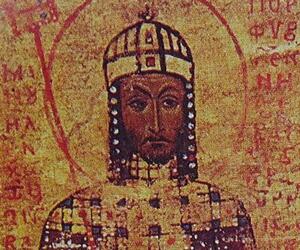1
Gregory Palamas
(Theologian)
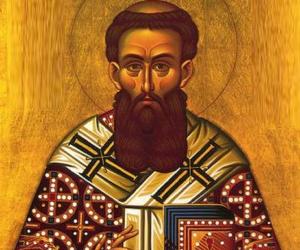
17
3
Birthdate: 1296 AD
Birthplace: Constantinople, Turkey
Died: November 14, 1359
Gregory Palamas was a Byzantine Greek theologian and Eastern Orthodox cleric known for his defense of hesychast spirituality, emphasizing the uncreated nature of the light of the Transfiguration. He served as a monk on Mount Athos and later as the archbishop of Thessalonica. His teachings focused on the distinction between God's essence and energies. Palamas engaged in significant theological controversies with various figures, leading to the development of Palamism. He has been venerated as a saint in the Eastern Orthodox Church and recognized for his theological writings by the Catholic Church.
